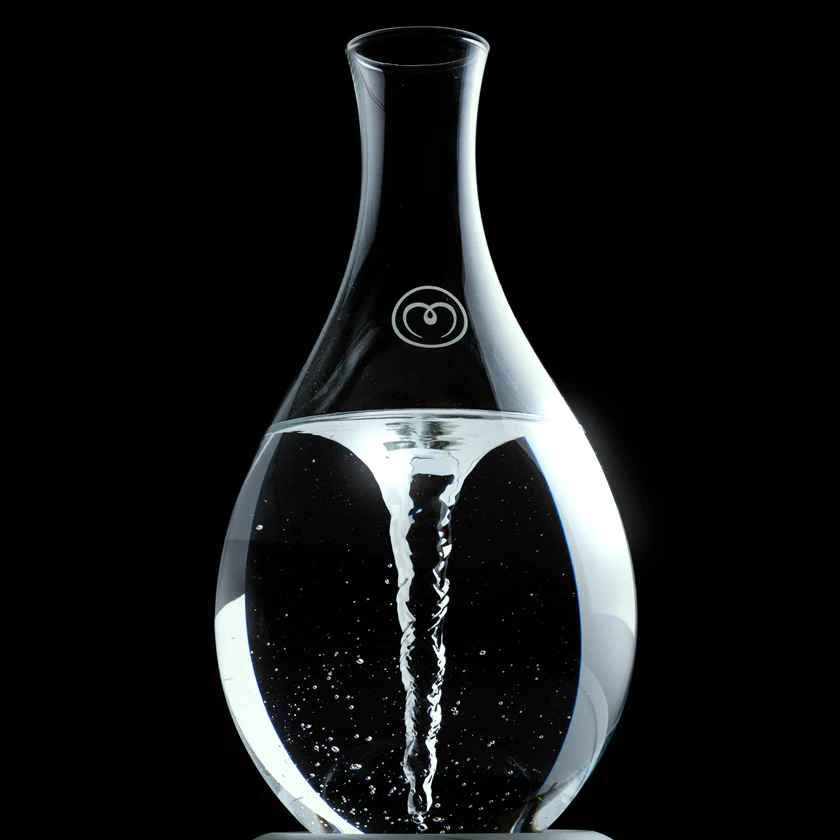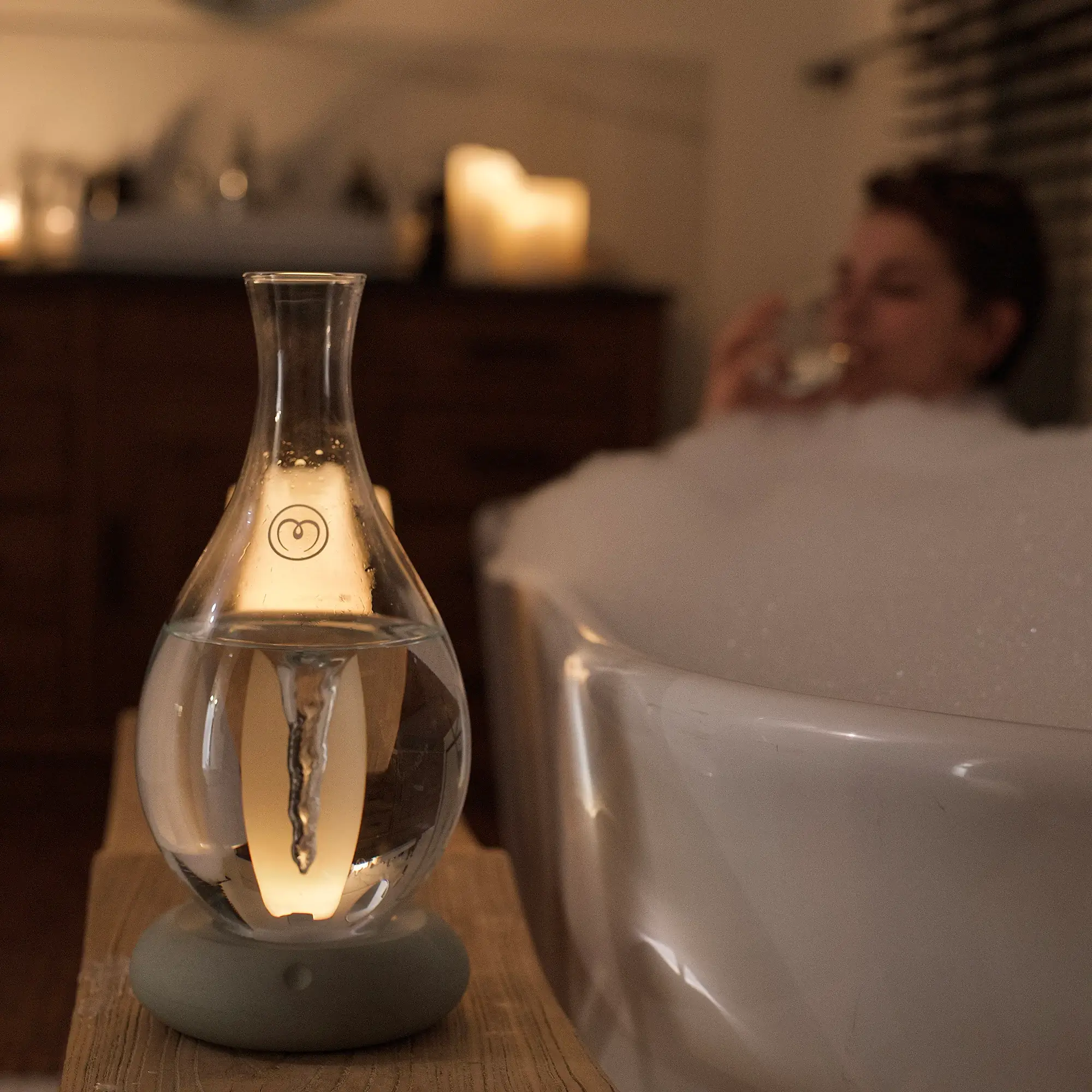Water Intoxication: What Happens When You Drink Too Much Water
Published October 6, 2024

In many wellness spaces, you often hear about the importance of staying hydrated, but have you ever wondered: can you drink too much water?
While hydration is crucial, the risk of water intoxication is a real and often overlooked concern. Let's take a deeper dive into this topic.
What is Water Intoxication?
Water intoxication, also known as overhydration, is a potentially dangerous condition that occurs when you consume more water than your body can handle, leading to an electrolyte imbalance. In severe cases, this imbalance can cause fluid buildup in the brain, leading to central nervous system dysfunction. In extreme cases, water intoxication can cause brain damage, seizures, coma, or even death.
» Did you know that drinking water can prevent and clear acne?
What Causes Overhydration?
It isn't easy to accidentally drink too much water. It's most commonly seen in individuals training intensely or participating in endurance sports, drinking large amounts of water within a short time frame. Other factors like high blood sugar, kidney disease, certain medications, or a diet high in salty foods can also cause excessive thirst. In some instances, people with certain mental health conditions or eating disorders may also experience overhydration.
How Much Is Too Much?
The amount of water that can lead to overhydration varies greatly depending on factors such as age, activity level, climate, and overall health. While a general guideline suggests consuming about 3 liters of water per day, this might be excessive for some people. It's essential to listen to your body and adjust your intake if you feel unwell or experience symptoms of overhydration.
Know your limits
While overhydration is not as common as dehydration, both result in imbalanced electrolytes and share many of the same symptoms. Learn to pay attention to your thirst cues and don't drink more water than your kidneys can process (around 30 ounces per hour).
» Learn how to pick the right reverse osmosis system
Symptoms of Drinking Too Much Water
Overhydration (water intoxication or hyponatremia) symptoms can include:
- Swelling of Hands, Feet, & Lips: Overhydration can cause your cells to swell, particularly in your face and extremities, which can also result in discoloration in these areas.
- Muscle Cramps: Overhydration can deplete electrolytes, leading to imbalances primarily in sodium levels, which can cause muscle cramps.
- Nausea, Vomiting, or Diarrhea: When your kidneys can't remove excess fluid, your body will try to eliminate it in other ways. Expelling the excess fluid through vomiting and diarrhea also makes you feel nauseated.
- Headaches: Overhydration can cause cell swelling, increasing pressure in your skull and potentially leading to disrupted brain function, confusion, irritability, high blood pressure, and a decreased heart rate.
- Fatigue: Consuming too much water can overwork your kidneys, triggering hormonal responses that make you feel tired.
How to Treat Water Intoxication
Prevention is the best cure. Paying attention to your body's signals, not ignoring thirst, but also not drinking to the point of feeling uncomfortable can go a long way in avoiding overhydration.
If you notice mild symptoms of water intoxication, consider:
- Decreasing your fluid intake
- Modifying the activity causing overhydration
- Using diuretics to stimulate urine production, under medical supervision
In severe cases, medical intervention may be required to restore sodium levels, often via IV infusions. The recovery time will depend on various factors, including age, height, weight, the amount of water consumed, and any underlying health conditions. Extreme overhydration may result in kidney damage and require hemodialysis.
» Learn about the quality of water in the US
The Role of Structured Water in Hydration
While proper hydration is essential, it's also important to understand that not all water is created equal. The quality and type of water you consume can have significant impacts on your health and well-being. Structured water, in particular, is healthier than tap or bottled water, detoxifies your body, and is free from chemicals.
It's water in which the hydrogen and oxygen atoms are arranged in a distinct hexagonal configuration. This unique arrangement allows the water to carry a charge and deliver electromagnetic energy to your cells. It's pure water, similar to the uncontaminated natural water found in glaciers.
You can make structured water at home with Mayu Swirl, making this process convenient and accessible.
Understanding Water Intoxication
Water intoxication is a serious, yet avoidable condition. By understanding the risks and recognizing the symptoms, you can take steps to prevent water intoxication. This includes not exceeding the recommended daily fluids intake, considering alternatives like structured water, and drinking water in response to feelings of thirst, rather than consuming excessive amounts.


















































